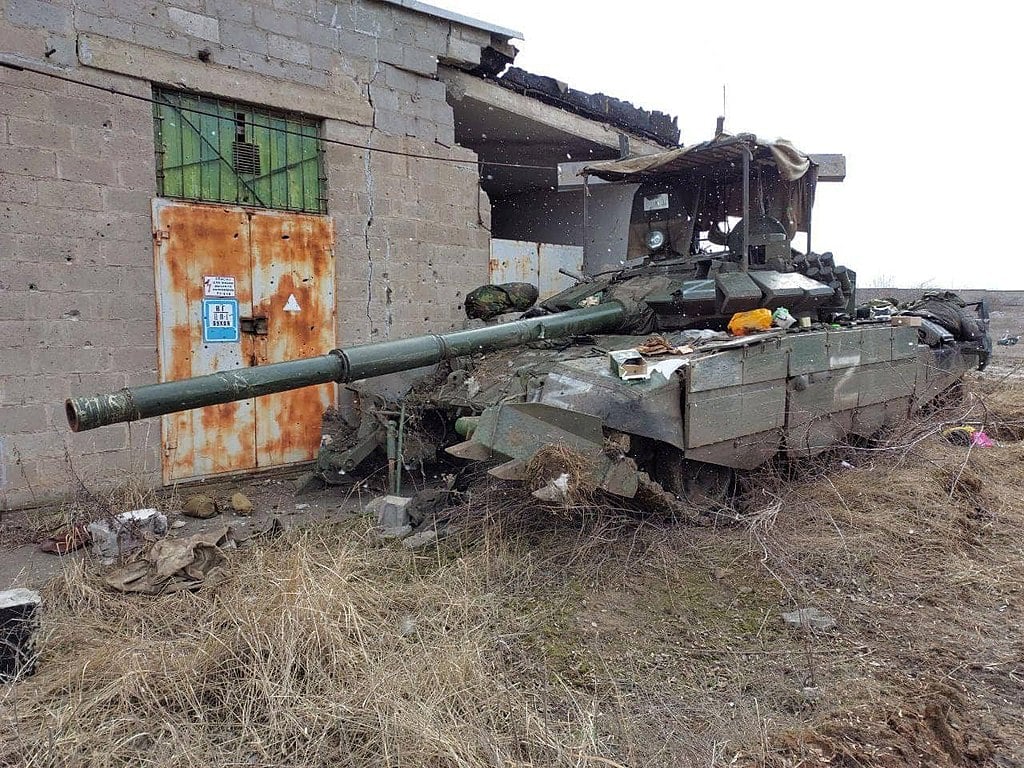Clearview AI Fined in Italy, Starts Scanning Dead Russian Soldiers in Ukraine

Ever since the facial recognition company Clearview AI appeared from nowhere two years ago, it has remained at the leading edge of its field, not least in terms of ethics. As a recent PIA blog post reported, the company claims to be building a database holding 100 billion facial images, so that “almost everyone in the world will be identifiable“. That post also noted that Clearview AI is facing legal action from governments, particularly in the EU. The Italian data protection authority has just announced a fine and a ban:
The findings showed that the personal data held by the company, including biometric and geolocation information, were processed unlawfully without an appropriate legal basis — since the legitimate interest of the US-based company does not qualify as such. Additionally, the company infringed several fundamental principles of the GDPR including transparency — as it failed to adequately inform users —, purpose limitation — as it processed users’ data for purposes other than those for which they had been made available online —, and storage limitation — as it did not set out any data storage period. Thus, Clearview AI is violating data subjects’ freedoms including the protection of privacy and non-discrimination.
The Italian authority imposed a fine of 20 million euros on Clearview AI, and ordered the company to delete all the data that it held relating to individuals in Italy. It also banned any further collection and processing of similar data. Since Clearview AI says that it does not have a place of business in Italy (or the EU), and does not have customers in Italy, it’s not clear whether the company will comply with the latest order.
Given the ruling, it is unlikely that the Italian data protection agency would approve of any use of Clearview AI’s technology in Italy. It might follow Sweden’s example, and fine any company or organization that tried to deploy it. More generally, the Italian ruling, alongside an earlier one from the French privacy regulator, means that Clearview AI is unlikely to have much success in selling its product in the EU, where the GDPR imposes stringent rules on how personal data like facial images can be gathered and used. Undeterred, Clearview AI aims to add 18 more people to its current staff of 50, according to Reuters. It hopes to win some big government contracts in the US: federal agencies there are already using the Clearview AI system on a trial basis.
The company is also looking to get involved with governments further afield. In a striking move, Clearview AI is making its services available for free to the Ukrainian defense ministry. There are various ways in which the company’s database can be used by the authorities in Ukraine. The company’s founder and Chief Executive, Hoan Ton-That, claims that among the 10 billion facial images currently held in Clearview AI’s database, there are two billion taken from the social media service VKontakte, the Russian equivalent of Facebook, which has over half a billion users.
Many of these users will be in Russia, and probably young, which means that a good proportion of the soldiers that Russia has sent to fight in Ukraine will use VKontakte — and be in Clearview AI’s database. Potentially, that will allow the Ukrainian authorities to deploy the facial recognition service to vet people as they pass checkpoints. But there is another, more dramatic, use that Ukraine is making of Clearview AI:
Mykhailo Fedorov, Ukraine’s vice prime minister who also runs the ministry of digital transformation, told Reuters Ukraine had been using Clearview AI software to find the social media accounts of dead Russian soldiers.
From there, authorities are messaging relatives to make arrangements to collect the body, he said.
“As a courtesy to the mothers of those soldiers, we are disseminating this information over social media to at least let families know that they they’ve lost their sons and to then enable them to come to collect their bodies”
According to Reuters, Hoan Ton-That claims that his system can identify the dead more easily than trying to match fingerprints. The research in the area of using facial recognition to identify the dead is limited, and has reported mixed success of trials. A 2019 report for the US Department of Energy found that identifying faces “at later stages of decomposition” was a “significant challenge”, but that the use of deep neural networks shows promise. More recent work applied deep learning strategies to the identification of corpses, obtaining results that the researchers called “satisfactory”.
Aside from the technical issues, there are important ethical concerns about the application of facial recognition technologies to the dead. Clearly, the person concerned is unable to give consent. There is also the impact on their family to be considered. As the Reuters article quoted above mentions, the Ukrainian authorities are using the Clearview AI system to “disseminate” targeted information over social media. They provide an online form where Russian relatives can submit a claim to collect a body.
Receiving this information via social media will obviously be distressing to the relations, not least because Russia seems to be providing very little information about its casualties, even to the families affected. There is also the evident risk of mis-identification, which means people might be informed erroneously their relations are dead, when in fact they are alive. For the Ukrainian authorities, that is not a bug, and might even be seen as a feature, since it helps spread anxiety among ordinary Russian people. For this and other reasons, the application of facial recognition technologies to battlefields may well become more common.
Featured image by Mvs.gov.ua.
Comments are closed.

Cool!!!!